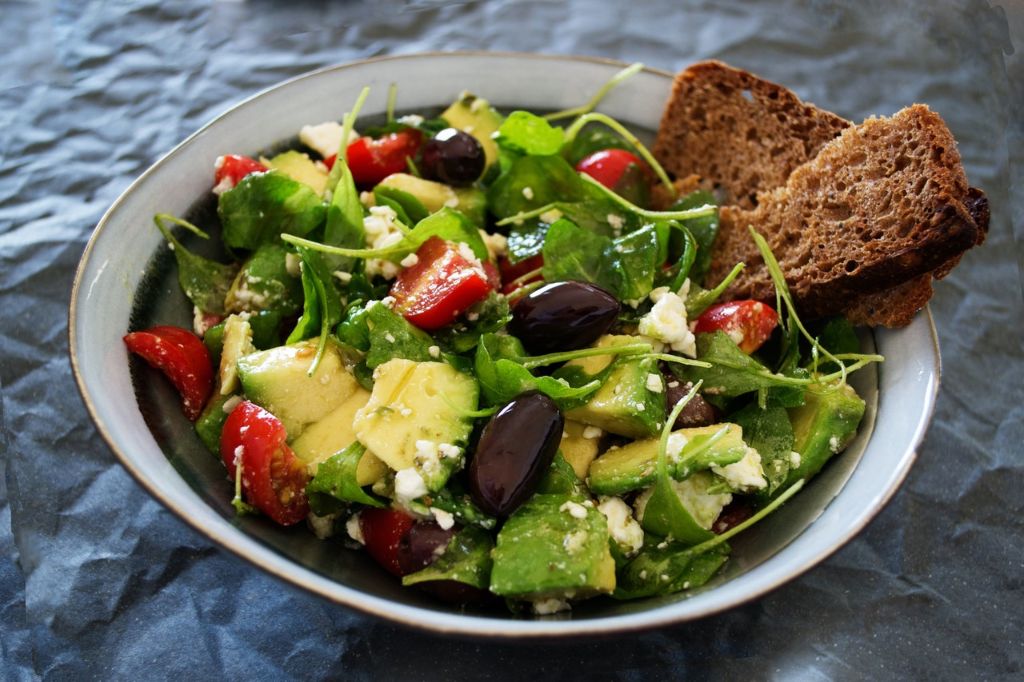The researchers collected data from more than 200 overweight or obese men and women over the past 20 years. All participants were encouraged to lose weight by following a 500-calorie deficit diet and were supported with regular nutrition counselling for 6 months. The participants were given nutrition advice based on the guidelines of the Academy of Nutrition and Dietetics and the American Diabetes Association.
- Most participants were advised to consume a normal protein intake (18% of total calories) from less-processed sources such as poultry, red meat, fish, legumes, and dairy.
- A small group of participants were encouraged to consume higher protein intake (20% of total calories) from the same sources.
- All were encouraged to choose fruits, vegetables, and whole grains.
- All were discouraged from eating saturated fats, refined grains, sugar, and salt.
The participants kept detailed food records, which researchers analysed to see how much protein they ended up eating and what was their overall diet quality. The researchers found that participants in the normal-protein group consumed between 10-28% of calories from protein. The high-protein group consumed between 13-29% of calories from protein.
High-protein group increased intake of vegetables and cut back on sugar
The study found that participants in both the normal- and higher-protein group lost the same amount of weight, about 5% of their body weight, over 6 months. There was one significant difference. The higher-protein group chose a mix of healthier foods. They specifically increased their intake of green vegetables and cut back on sugar and refined grains.
“It’s somewhat remarkable that a self-selected, slightly higher protein intake during dieting is accompanied by higher intake of green vegetables, and reduced intake of refined grains and added sugar. But that’s precisely what we found,” said Sue Shapses, author of the study and a professor of nutritional sciences.

Higher-protein group maintained more muscle mass
The researchers also found differences in muscle mass. Losing fat is the goal of every weight-loss diet – unfortunately, people who successfully lose fat typically lose some muscle mass too. It turns out that the higher-protein group was able to retain more lean muscle mass than the normal-protein group.
There are older studies showing that increasing protein intake leads to better preservation of muscle mass. And others also show that increasing protein by up to 30% of total calories helps reduce appetite leading to reduced calorie intake during weight loss. It seems that we can now add improved quality of diet to the list of benefits of higher protein intake.
“The impact of self-selected dietary protein on diet quality has not been examined before, to our knowledge, like this. Exploring the connection between protein intake and diet quality is important because diet quality is often suboptimal in the U.S., and higher-protein weight loss diets are popular,” said Anna Ogilvie, co-author of the study.




